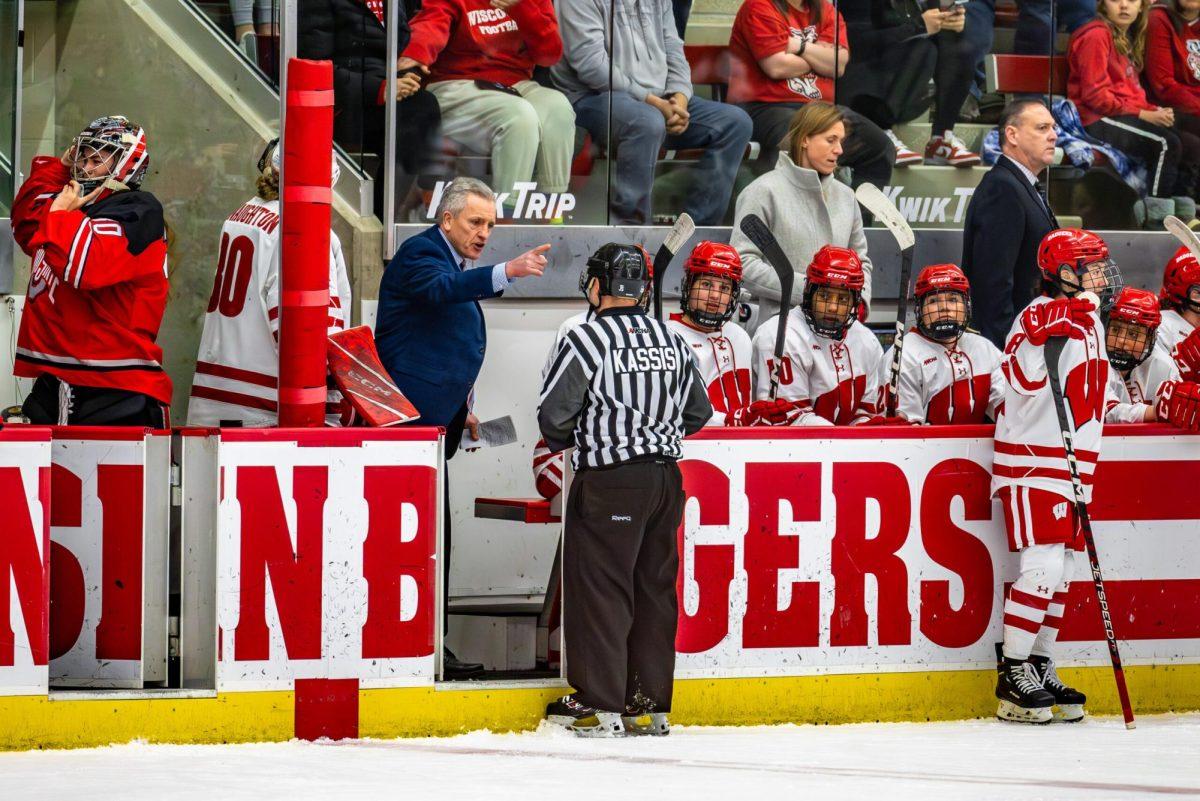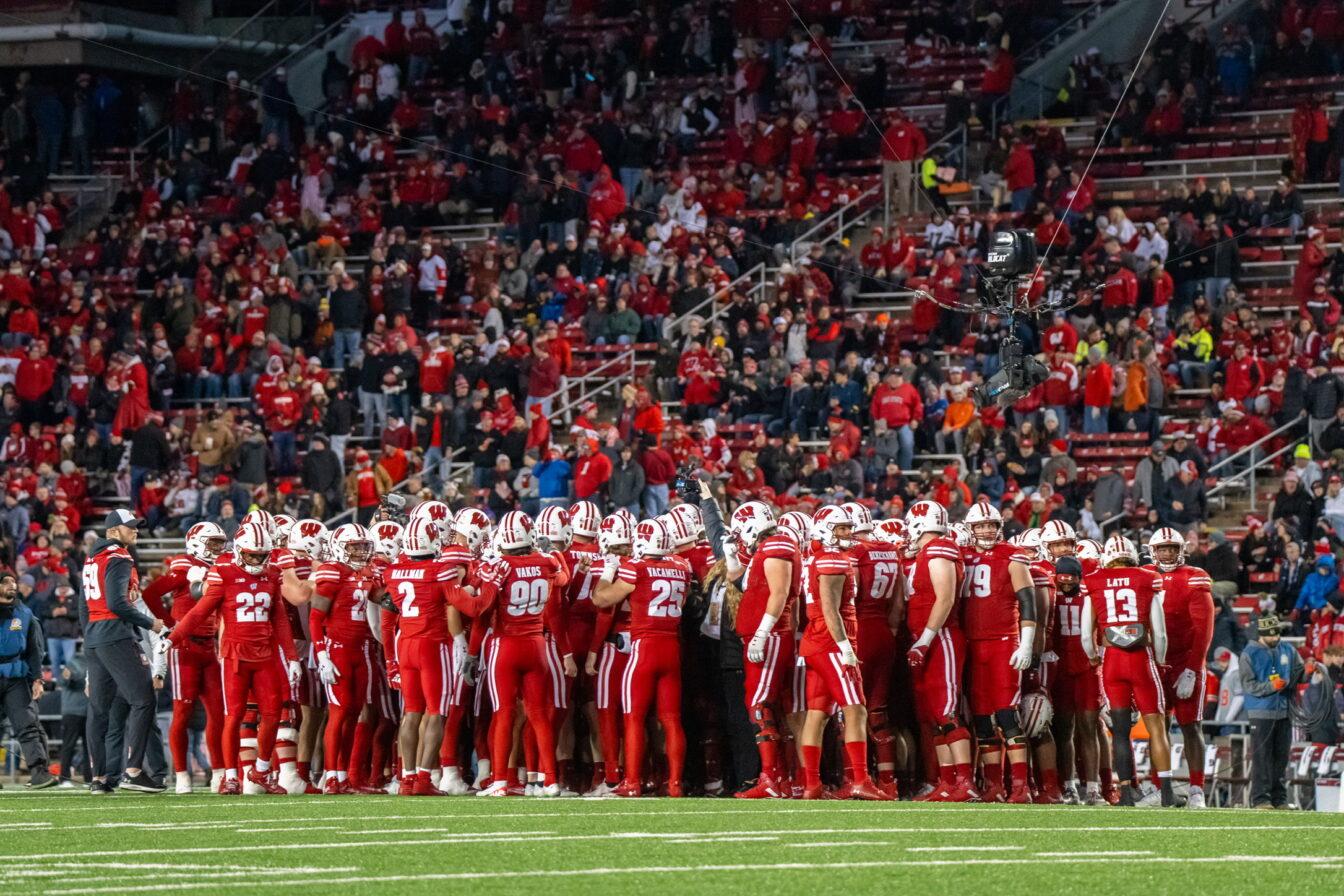This three-peat wasn’t exactly reminiscent of Jordan’s Bulls, back when the NBA’s overpaid millionaires seemed to actually value winning and could even hit a free throw from time to time.
Apparently not sufficiently embarrassed by dropping consecutive games to Argentina and Yugoslavia in the World Championships, the NBA-powered U.S. basketball team completed its colossal collapse by blowing a 13-point fourth quarter lead and losing to Spain in the fifth-place game Saturday night.
If the whole world isn’t already laughing, it sure should be.
After demolishing opponents for 58 straight games while employing a “Dream Team” lineup, U.S. basketball finally had a rude awakening in the World Championships which, just to hammer home the humiliation, were held on the U.S.’s own turf, at Conseco Fieldhouse and the RCA Dome in Indianapolis.
One loss was astonishing. Two, embarrassing. Three straight? Simply nauseating.
With their once-impenetrable armor now irreparably shattered, the U.S.’s NBA stars now have a choice: hop in their Escalades and go pick up some rocks for their ears and some dubs for their whips, or hit the gym and work on their left hands and foul shooting.
Just ask U.S. team head coach George Karl.
“The money and greed of the NBA. Does that have an effect on our competitive nature? Yeah, you can write that,” Karl said.
These days, NBA stars seem to be inking 6-year malaise deals, promising to play with as little intensity as possible until that all-important contract year. College kids leave early. Prep players are trying to devise a way to forgo their senior year — of high school. Who needs an education or an 18-foot jumper when you can have fully salaried 30-man entourage and a Bentley?
Even though most NBA players want to get to “The League” just to get rich, that doesn’t preclude them from striving to excel once there. Team USA’s performance in the World Championships illuminated the U.S. players’ shortcomings and their blatant distaste for the fundamentals that their foreign counterparts value so highly.
The U.S.’s 63 percent shooting from the free-throw line was the most disturbing statistic. Nobody ever expects bullish Ben Wallace to hit a free throw, but his 35 percent from the stripe was just atrocious. Ditto for Baron Davis and Jermaine O’Neal, who hit 40 and 42 percent of their shots from the line, respectively.
Sure, the excuses that can be made, beyond the foul shooting ineptitude, are endless. With only Wallace O’Neal and Raef LaFrentz, the U.S. team lacked a true center. They were also quite literally thin at the three, with stringy Shawn Marion the only real small forward on the roster.
Many top NBA players also decided to stay at home instead of battling for world dominance. Kobe Bryant, Gary Payton and Kevin Garnett all felt their services weren’t necessary.
It’s surprising that a player as committed to improving his game as Bryant would pass up such an opportunity, and the Lakers’ star might have ignited a fire under the U.S. squad that certainly didn’t exist without him.
But who cares? Aren’t Paul Pierce, Andre Miller and Elton Brand better than Emmanuel Ginobili, Luis Scola and Ruben Wolkowyski? (Who, you ask? Exactly.)
And although every team that beat the United States had at least one NBA player, only one team had more than two (Yugoslavia, with four).
It’s because these squads were actually ‘teams,’ not just conglomerations of me-first players, that they prevailed. The World Championships proved that moving the ball, waiting for an open shot, and running something other than an isolation offense, while maybe not as flashy as Vince Carter’s sky-high dunk over Frederick Weis two years ago, can do something a little more crucial to success in tournament competition: win basketball games.
The recent influx of talented European players to the NBA foreshadowed the events at the World Championships. Players like Peja Stojakovic, Hedo Turkoglu, Tony Parker and Dirk Nowitzki have made names for themselves with the pinpoint long-range shooting that has always typified top European players, but these players also possess other skills often sorely lacking in U.S. players.
Despite their size, Turkoglu and Nowitzki have better ball-handling skills than many NBA two-guards. Parker may not race down the court like Miller, but his passing skills and ability to see the entire floor are reminiscent of Jason Kidd.
The NBA’s current mentality does little to encourage young American players to work on the fundamentals that benefit their European counterparts. Today, a 40-inch vertical or muscle-bound 6-foot-10 frame gets you drafted. Kids get picked on potential, not skills. Once they’re in the league and making cash, the motivation to excel often diminishes. And apparently it diminishes even more in competition outside of the NBA, as the United States’ unforgettable upending at the World Championships proved.














